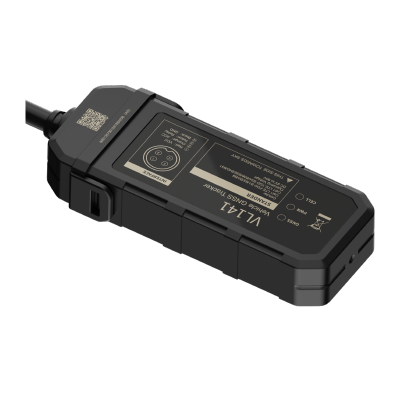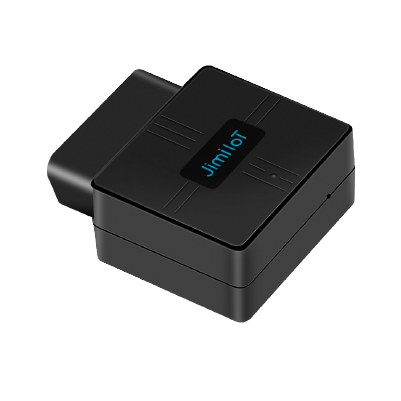If you own a fleet of vehicles, you know how important it is to keep track of them at all times. The good news is that there are now more fleet tracker options available than ever before. But what exactly is a fleet tracker, and how can it benefit your business? Let’s dive in.
1.What is a fleet tracker?
Simply put, a fleet tracker is a device that allows you to monitor the location and activity of your vehicles in real-time. Fleet trackers use GPS technology to track the movements of a vehicle, allowing you to see where it is at any given time and how it’s being driven.
2.What types of fleet trackers are there?
There are several types of fleet trackers, including plug-and-play, hard-wired, and battery-powered options. Plug-and-play trackers are easy to install and are ideal for businesses that need a temporary or flexible tracking solution. Hard-wired trackers are more permanent and require professional installation, but they offer more features and a stronger connection. Battery-powered trackers are great for businesses that don’t want to worry about wiring or installation, but they do require regular maintenance to keep the batteries charged.
3. Principle of fleet tracker
Fleet trackers use GPS technology to track the location of a vehicle. They send this information to a central server, which processes the data and makes it available to you through a dashboard or mobile app. Some fleet trackers also come equipped with sensors that can track driver behavior, such as speeding or harsh braking. This information can be used to promote safer driving habits and reduce insurance premiums.
4. What are the benefits of a fleet tracker?
There are many benefits to using a fleet tracker. Here are just a few:
- Improved safety: By monitoring driver behavior, fleet trackers can help prevent accidents and promote safer driving habits.
- Increased efficiency: Fleet trackers can help optimize routes and reduce vehicle downtime, leading to improved operational efficiency.
- Enhance security: In the event that a vehicle is stolen, the fleet tracker can be used to locate and recover it.
- Cost savings: By reducing fuel costs, insurance premiums, and maintenance expenses, fleet trackers can result in significant cost savings for businesses.
5. Different types of fleet tracker installation methods
As mentioned earlier, there are several ways to install a fleet tracker. Plug-and-play options simply plug into the OBD-II port of a vehicle, while hard-wired options require professional installation. Battery-powered options can be installed quickly and easily without any wiring.
6. Fleet tracker prices
Fleet tracker prices can vary widely depending on the brand and type of tracker you choose. Plug-and-play options can cost as little as $10 per month per vehicle, while more advanced options can cost over $30 per month per vehicle. Additionally, there may be installation fees or other costs associated with certain types of trackers.
In conclusion, fleet trackers are a must-have tool for any business that relies on a fleet of vehicles. They offer a range of benefits, including improved safety, increased efficiency, enhanced security, and cost savings. With so many options available, it’s important to do your research and choose the fleet tracker that best meets the specific needs of your business.
Why Jimi IoT?
Jimi relies on innovative solutions for driver status monitoring and vehicle tracking for fleet management, more effective driver tracking, recording, notification, monitoring and efficient fleet management.
Jimi has more than 20+ years of experience in the loT/loV industry and a team of experts to assist you in the adoption. We offer ready-todeploy solutions (with IoT SIM cards for worldwide connectivity) as well as OEM, ODM.and OBM services to suit your industry-specific needs.
 EN
EN ES
ES PT
PT TH
TH VN
VN JP
JP




